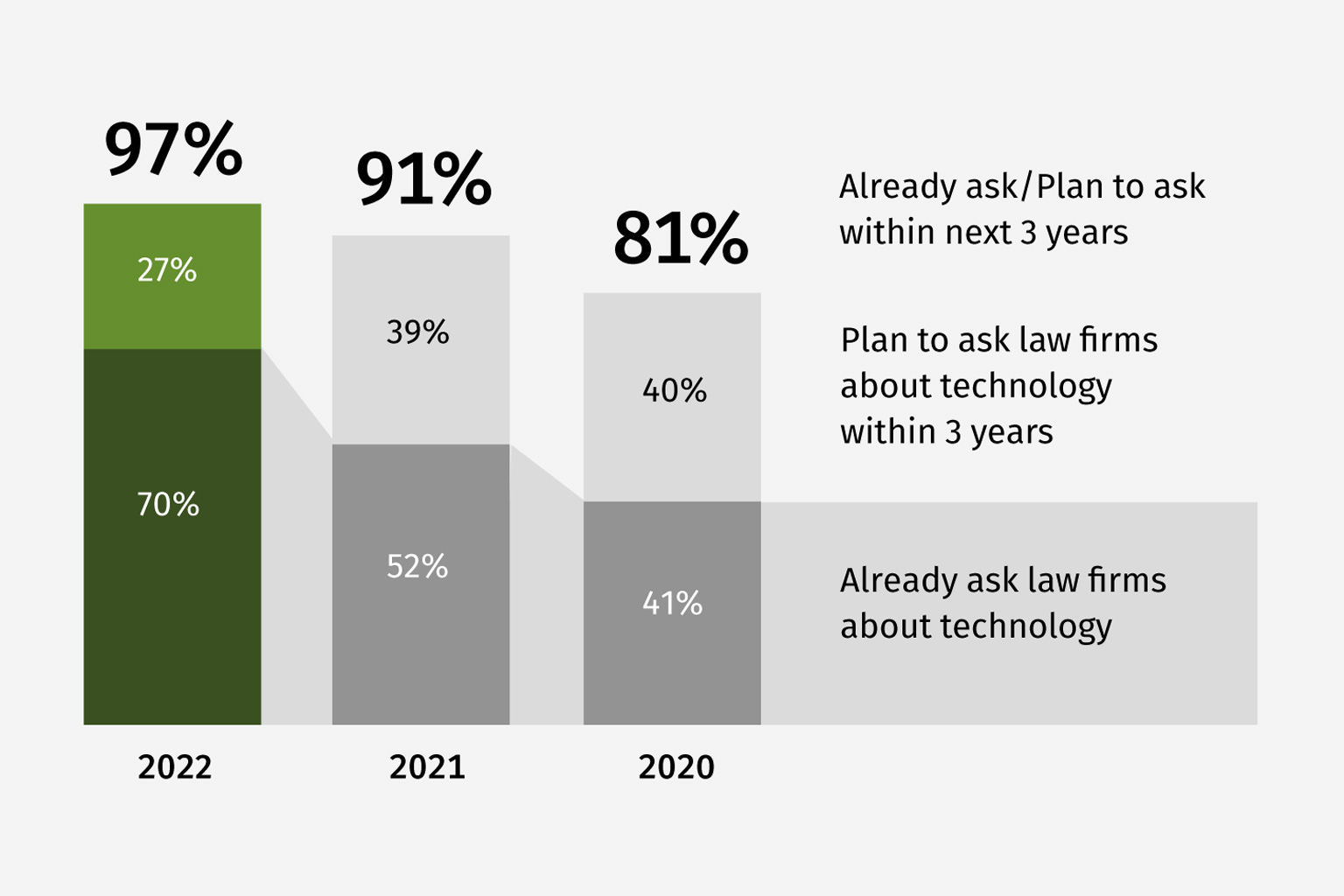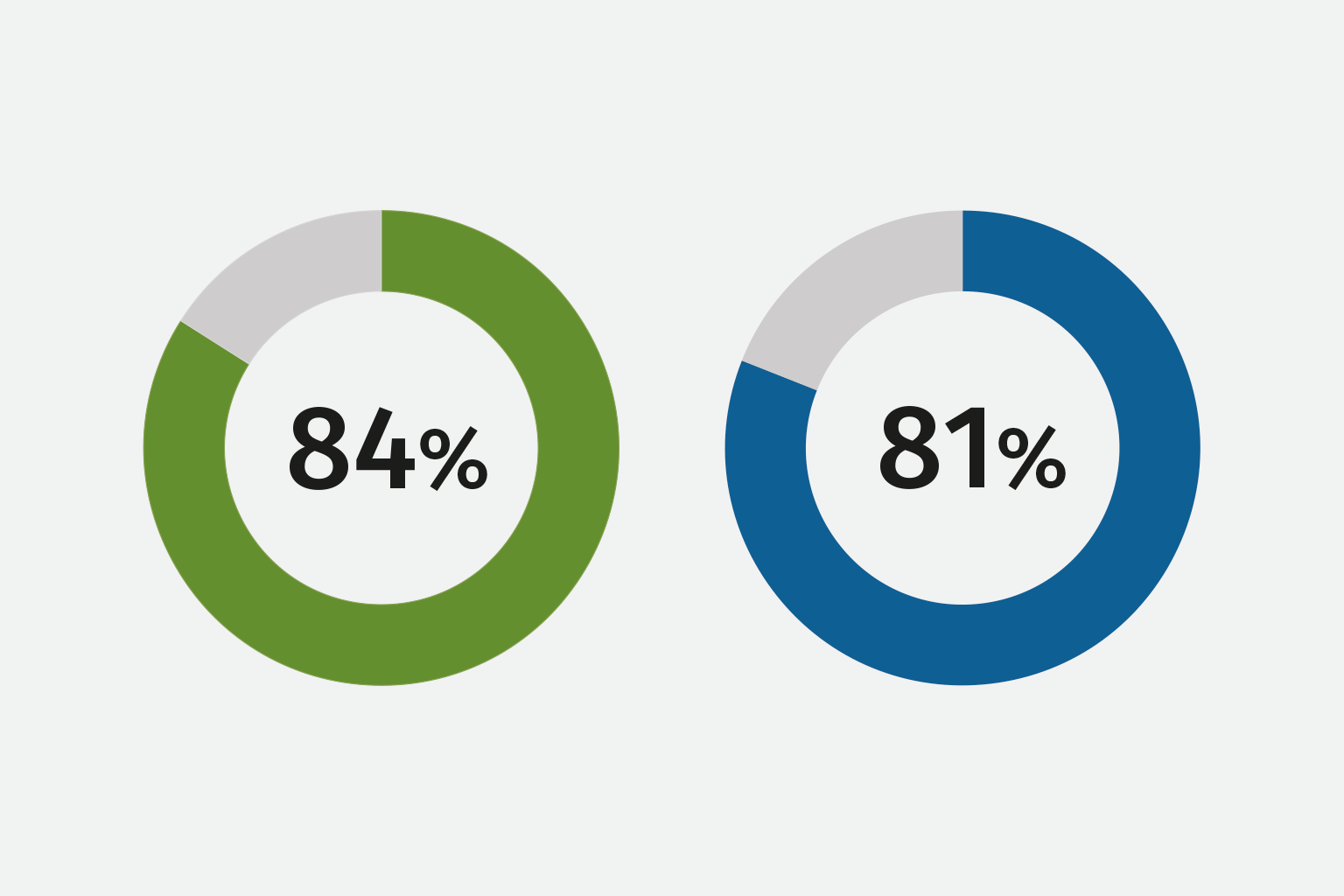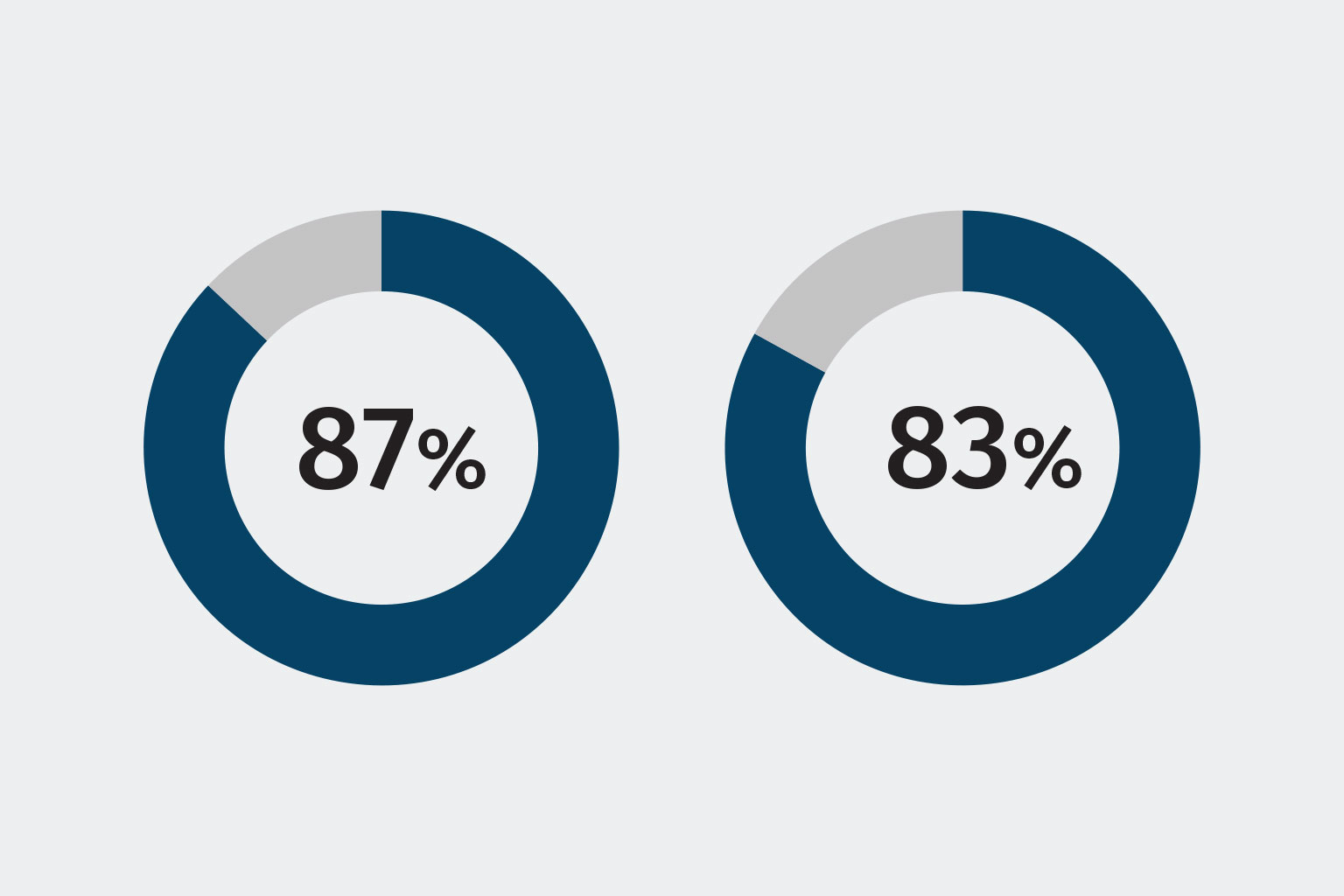- 91% of corporate legal departments say it will be important to have a law firm that fully leverages technology
- 63% of lawyers expect to increase their investment in software to support legal work
- 36% or fewer lawyers are very prepared to address the most significant legal trends coming at them
- 63% of technology leading law firms report their profitability increased over the past year – more than any other firms
It’s been said that the pandemic brought the future to the present. This is certainly true for the legal profession. But what are the challenges lawyers are facing and how can they thrive in the new normal?
The 2022 Wolters Kluwer Future Ready Lawyer Survey: Leading Change Report provides insights from 751 legal professionals across Europe and the U.S.
As the Future Ready Lawyer Survey shows, new and improved technology capabilities are driving greater resilience, improved client relations and higher performance for many organizations in the legal profession across Europe and the U.S.
Together, these strengthened digital and business capabilities are crucial… because the future is increasingly dynamic, complex and uncertain.
The Report examines:
- Leading legal industry trends
- The changing client-firm relationship
- The changing legal department
- The changing law firm
- Legal technology as a performance driver
- The rising role of ESG
- Competitive advantages
- Talent challenges
Learn more about the Survey findings and download the Report now! >>
Key Findings
Leading trends
- Increasing Importance of Legal Technology (79%)
- Coping with Increased Volume and Complexity of Information (79%)
- Meeting Changing Client/Leadership Expectations (79%)
Only 36% or fewer lawyers say their organization is very prepared to address the most significant trends they believe will impact them in the next three years…
Client-firm relationships
Client demand for tech-enabled law firms hit a record high in 2022 and is expected to continue to climb.
In 2021 and 2020, just 52% and 41% of legal departments respectively reported asking the law firms they were considering to describe the technology they used to be more productive and efficient.
Today, that has jumped to 70%, and it is projected to hit 97% by 2025.
Each year the number of legal departments that ask the law firms about technology is growing. Within three years, nearly all legal departments (97%) plan to do so
New Developments in the Legal Profession
Changes in who does the work
Legal departments – 84% will make greater use of alternative legal service providers / Law firms – 81% will increase use of third-party or outsourced resources
Legal departments and law firms are increasingly leveraging different types of arrangements – from contract workers and third-party resources to alternative legal service providers (ALSPs) and non-legal staff.
Organizations’ efforts to further bolster their teams come at a critical time as they now prepare to face the new talent challenges that have emerged from the pandemic.
Talent challenges
- 86% of legal departments and 70% of law firms report they have experienced very or somewhat significant impact from the “great resignation”.
- 70% of corporate lawyers and 58% of law firm lawyers say they are very to somewhat likely to leave their current position in the next year.
- Only 36% of lawyers in legal departments and 33% in law firms think their organization is very prepared to recruit/retain technology staff.
- 87% of lawyers in legal departments and 83% in law firms say it’s extremely or very important to them to work for an organization that fully leverages technology.
Lawyers want to work in tech-savvy legal departments (87%) and firms (83%)
ESG
Legal professionals have been challenged by the unprecedented growth in Environmental, Social and Governance concerns.
ESG has quickly emerged as a significant and specific demand on corporate legal departments, and it will continue to grow. The need for creating and sharing ESG policies and procedures is increasing.
Law firms are positioning themselves to respond to ESG challenges. They are experiencing significant growth in ESG demand from clients but demand is outstripping their preparedness to respond.









